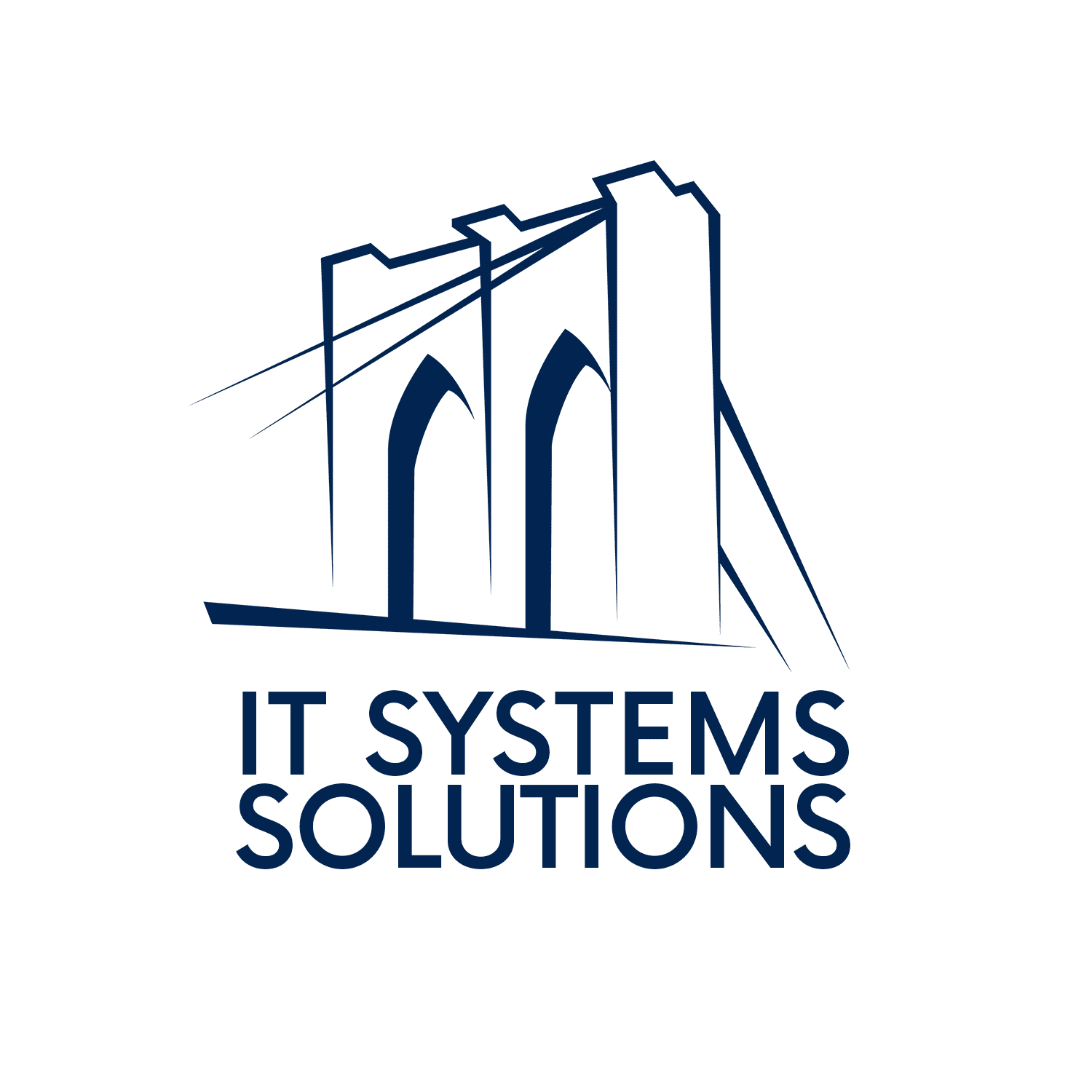Technology backups are indispensable for safeguarding data, ensuring business continuity, mitigating cyber risks, adhering to legal requirements, and offering peace of mind. They serve as a proactive measure against various threats, making them a fundamental aspect of modern technology usage.
Data Loss Prevention: Backups act as a safety net against data loss caused by hardware failure, system crashes, accidental deletion, or cyber threats like ransomware. Regular backups ensure that valuable information is protected and recoverable.
Business Continuity: For businesses, technology backups are essential for continuity. In case of a disaster, such as a power outage or natural calamity, having backups allows swift restoration of critical systems and operations, minimizing downtime.
Protecting Against Cyber Threats: Cyberattacks like malware, viruses, or ransomware can compromise data integrity. Backups offer a means to restore clean, uninfected versions of files and systems, reducing the impact of such attacks.
Compliance and Legal Obligations: Certain industries have strict regulations regarding data retention and protection. Maintaining backups in compliance with these standards ensures legal obligations are met, preventing potential penalties and liabilities.
Peace of Mind and Reliability: Knowing that data is backed up regularly provides peace of mind. It instills confidence that even in the worst-case scenarios, such as hardware failures or human errors, crucial information remains safe and recoverable.
Facilitating Upgrades and Migrations: When upgrading systems or migrating to new platforms, backups serve as a foundation for a smooth transition. They enable the easy transfer of data without risking loss or corruption during the process.
Cost-Efficiency in Recovery: Restoring from backups can be significantly more cost-effective than trying to recover data through specialized services or software after a loss. It saves both time and resources.
